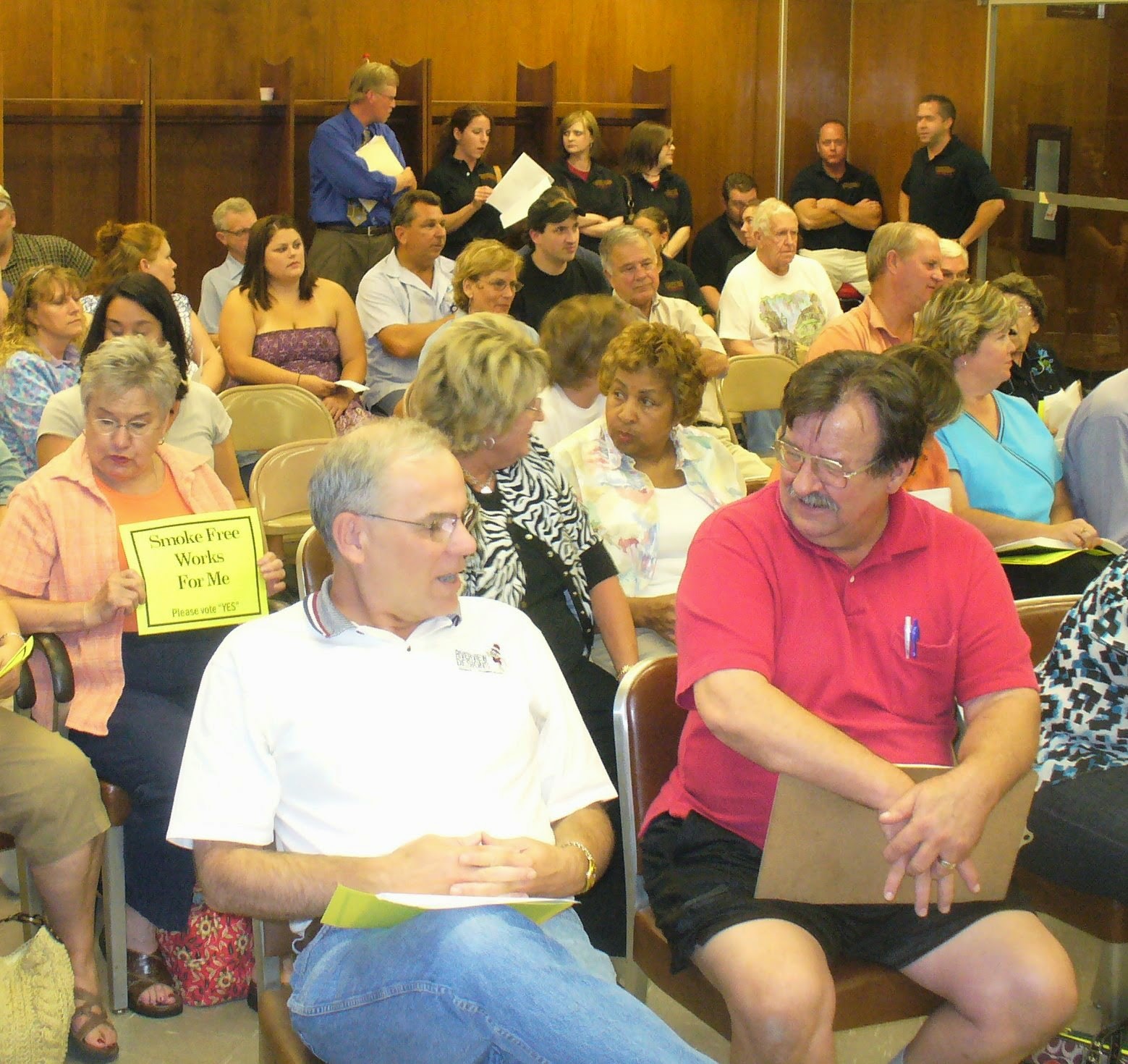Leading off, dialogue from Warren Beatty’s classic film Reds, with Beatty as journalist/socialist John Reed, who is meeting with factory workers trying to unionize when the cops arrive to break up the “unAmerican” gathering.
Reed: Officer, these men have the legal right to assemble.
Policeman: What the hell’re you doing?
Reed: Me? I write.
Policeman: You right? Uh uh. You wrong … (skulls are cracked and the oligarchy is buttressed).
The scene is so vivid and lifelike that a Floyd County Democratic Party elder or One Southern Indiana operative might as well be playing the gap-toothed restorer of order, albeit brandishing an electronic muzzle rather than a billy club.
My name’s not Reed, but I read, and it’s been only a week since I wrote about my limited yearly intake of cinema, but this shouldn’t be construed to mean that I don’t have favorite movies. Having failed to assemble the requisite “Top Whatever” list, a few preferred films spring to mind:
Animal House
The Lives of Others
Bull Durham
M*A*S*H
The Dark Knight
Anything by the Marx Brothers and Errol Flynn
Foreign films that aren’t stupid and violent
And so on, although perhaps my number one movie remains Beatty’s 1981 epic.
Based on Jack Reed’s 1919 novel Ten Days that Shook the World, which also provided the title for Sergei Eisenstein’s masterpiece of Soviet montage “October: Ten Days That Shook the World,” Reds is a first-hand account of the Bolshevik Revolution. It follows Reed’s life as a Communist journalist and writer, both in the U.S. and abroad in the streets of Petrograd.
Jason Fraley tells the whole story of Reds, which would appeal to me for no other single reason beyond it being released at precisely the point of highest Reaganism, and moreover, for Beatty’s use of what were referred to as witnesses.
Most memorable is his decision to intersperse his narrative with actual interviews of prominent real-life figures of the movement — doing for politics what When Harry Met Sally (1989) did for romance. These voices — credited as “Witnesses” — appear in several forms: between sequences as interviews, as voiceover narration and even voiceover music as witnesses sing songs like “Over There,” “Yankee Doodle Dandy” and the film’s recurring favorite “You Can’t Come in Play in My Yard.” This fusion of reality and melodrama is a credit to Beatty’s filmmaking ability — and a testament to how personal the project was to him. In fact, Beatty began filming the interviews back in the early ’70s before Reds was even an official project, but no doubt already weighing on his mind.
Many of the witnesses had died by the time of the film’s release. Writer Henry Miller, another of my faves, was one of them. Now, about those ten days …
Everybody Knew That Something Was Going to Happen, but Nobody Knew Just What, by Andrew Hartman (Society for U.S. Intellectual History)
This essay, by me, is the first post in our roundtable dedicated to John Reed’s Ten Days that Shook the World.
John Reed arrived in Petrograd at the dawn of history. The globetrotting journalist had traveled to Russia with his feminist wife Louise Bryant as soon as news of impending revolution broke. It was 1917, and “Jack,” as his friends knew him, had a front-row seat to the October Revolution.
Famous for his vivid first-hand accounts of labor conflict and war, Reed was the perfect writer to tell the electrifying story of Lenin and the Bolsheviks seizing power. Ten Days that Shook the World, Reed’s celebratory account of the Russian Revolution, is now hailed as an American classic. George Kennan of all people praised it as “a reflection of blazing honesty and a purity of idealism.” In a recent New York Times retrospective, Condoleezza Rice, no Bolshevik, writes that Ten Days “provided a riveting and vivid—if not impartial—account of the most pivotal phase of the revolution, as viewed from the ground.”
But Reed’s “slice of intensified history,” as he called it, had trouble finding an audience at first. “Here by wide acknowledgement,” a sympathetic Reed biographer wrote, “was a great American journalist, an eyewitness to the greatest story of the time, but not an editor outside the tiny radical press would give him an inch of space” …










